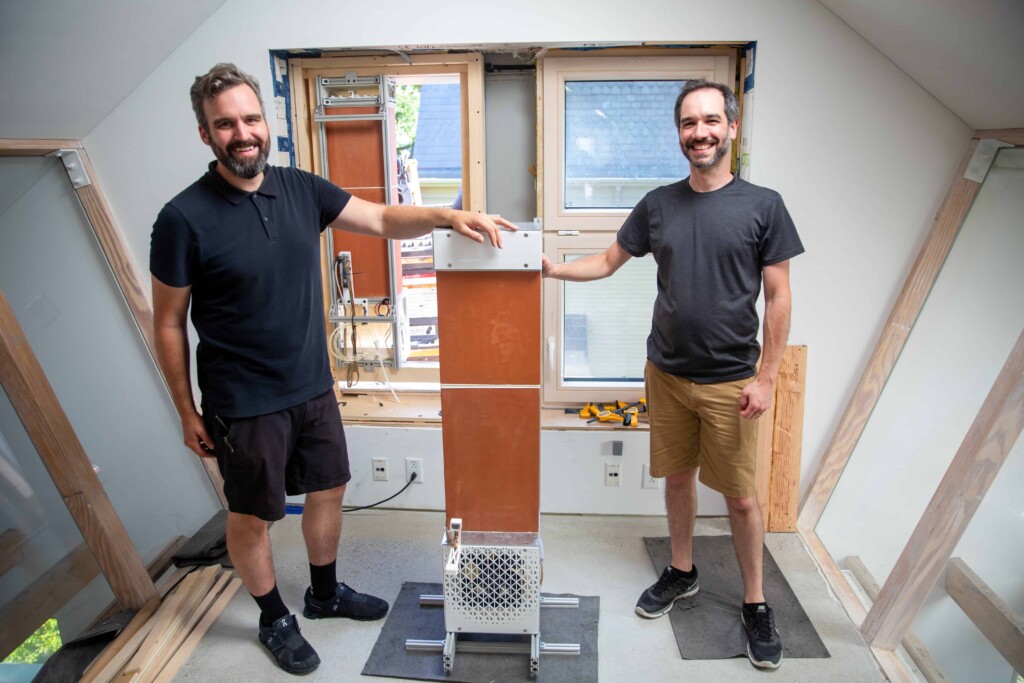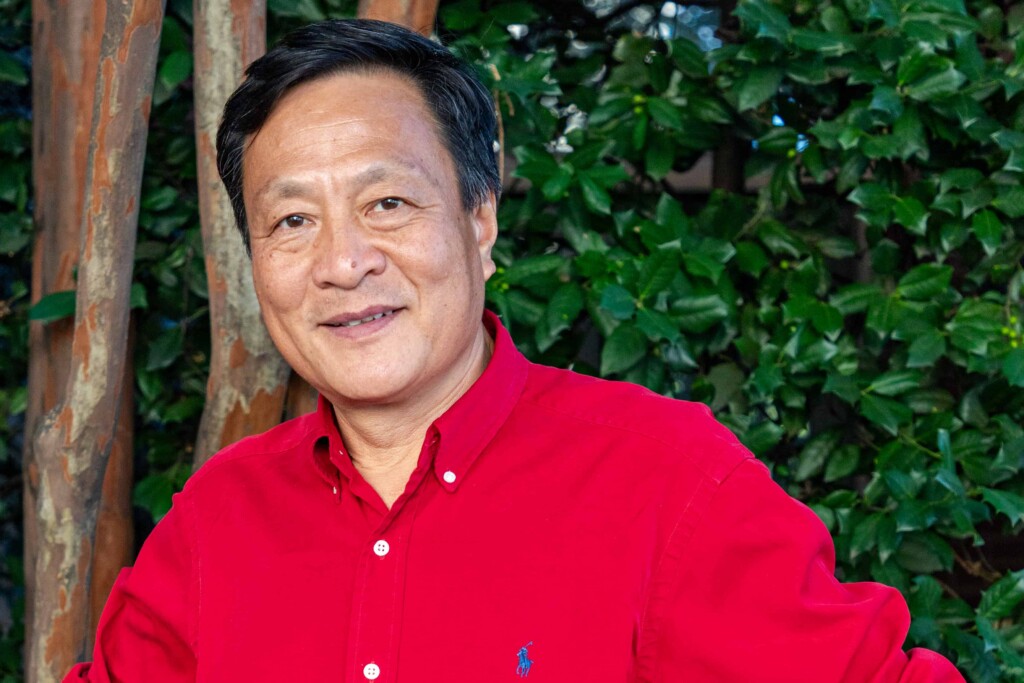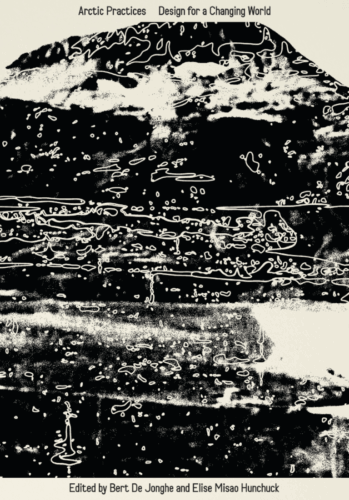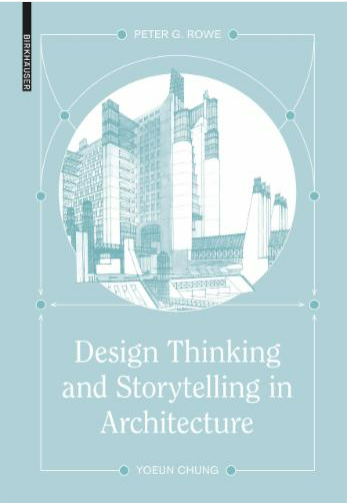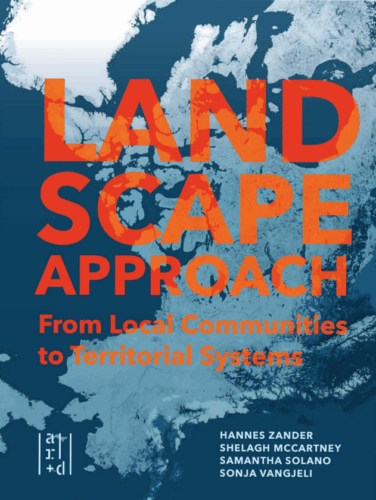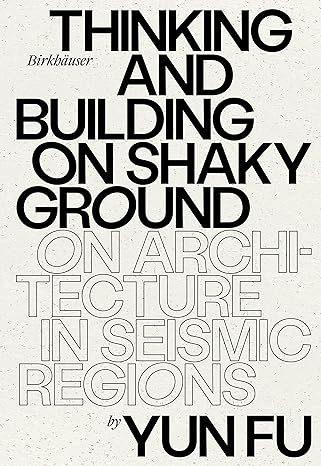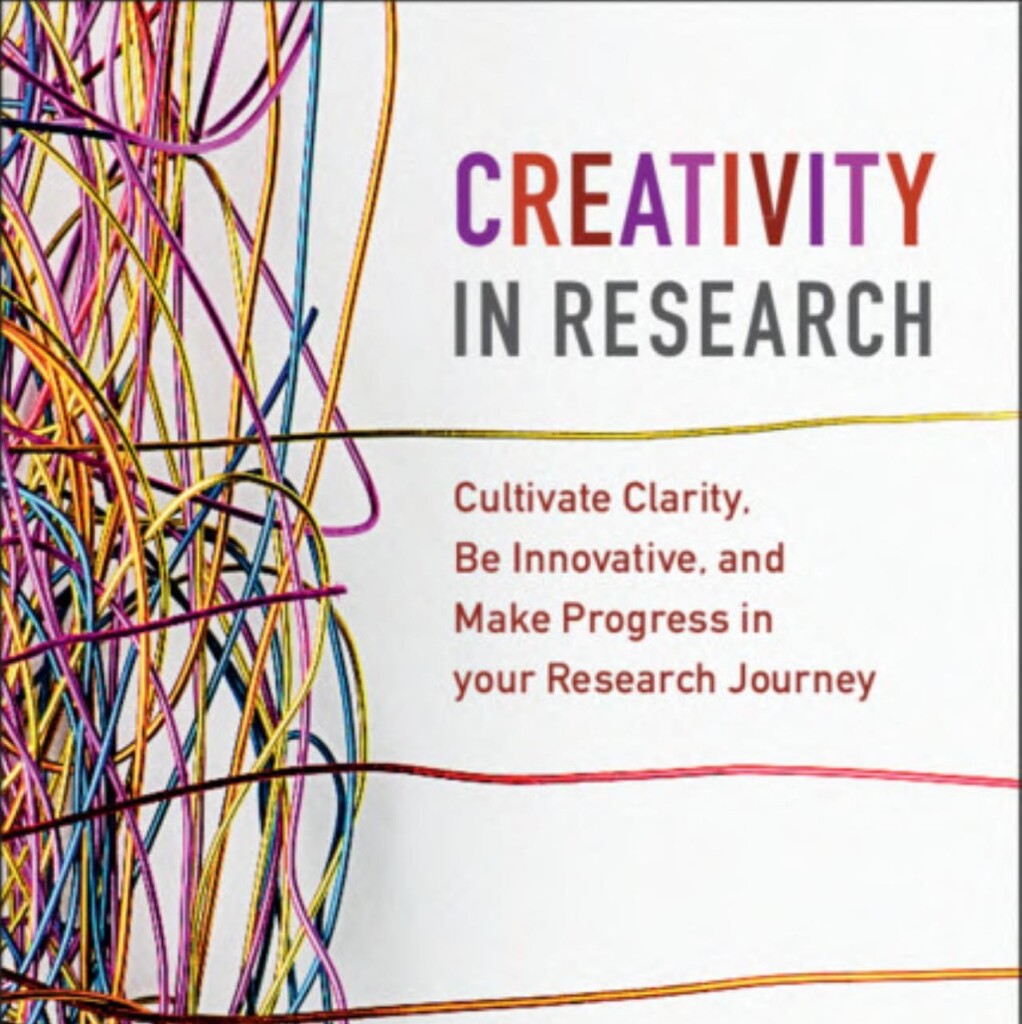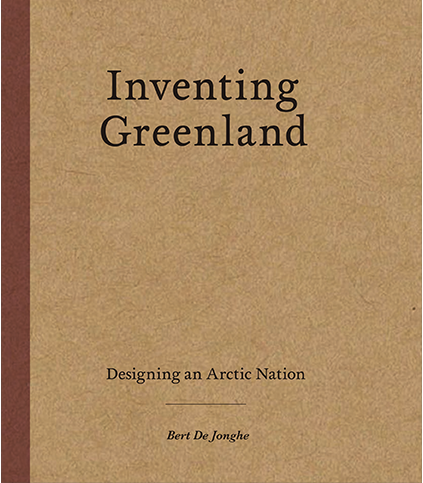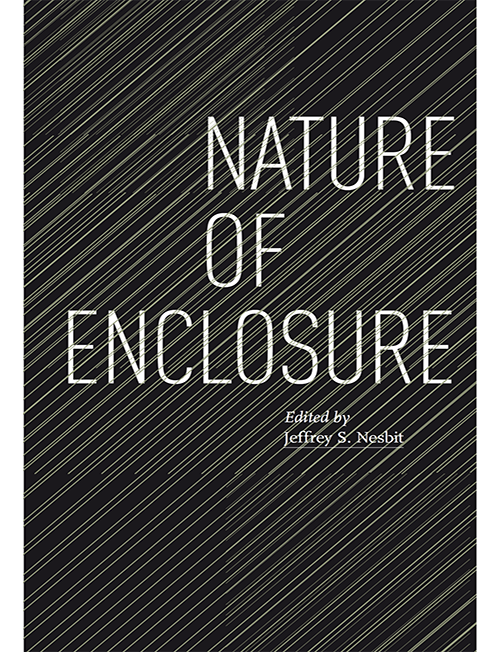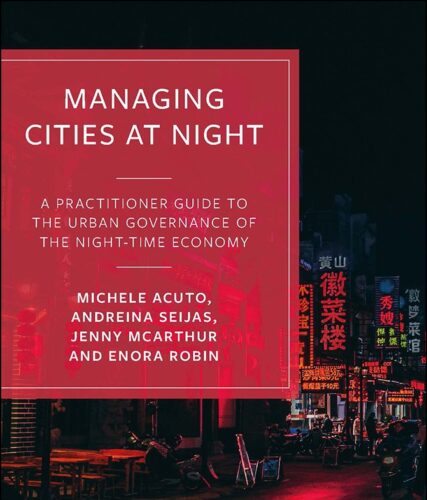In the News
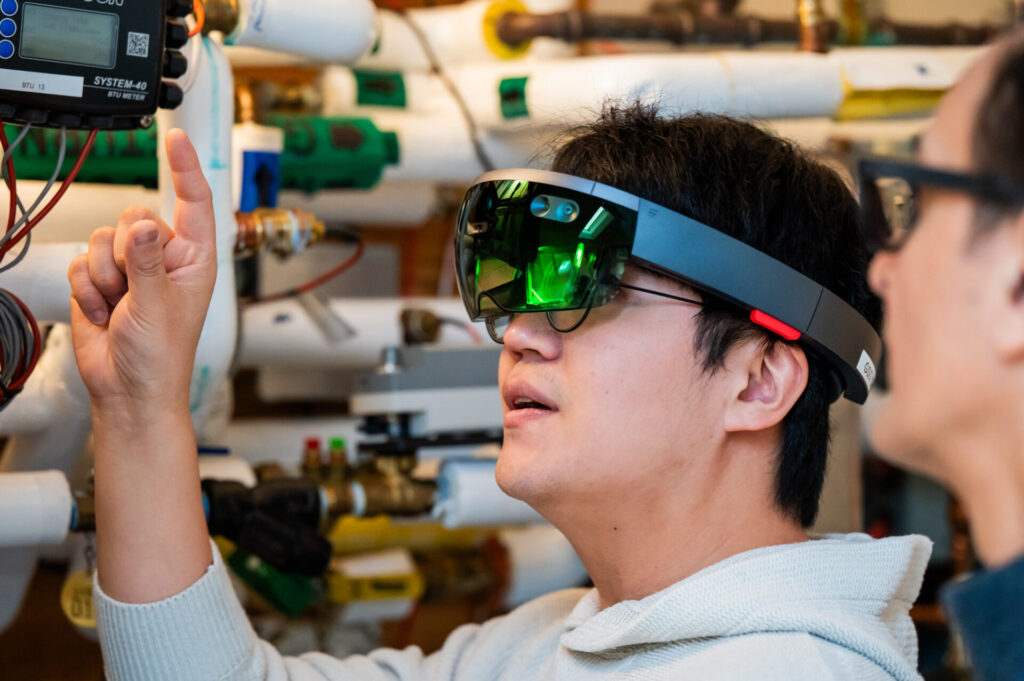
The Harvard Salata Institute for Climate and Sustainability Announces Major Grant Inspired by HouseZero®
The Salata Institute for Climate and Sustainability at Harvard University recently announced a new, major multi-year grant for “Sustainable Building and Urban Future ,” one of two climate research clusters as part of an interdisciplinary initiative targeting urgent climate challenges in the built environment.
“Sustainable Building and Urban Future” is one of two newly-announced clusters designed to address sources of planet-warming emissions and foster novel collaborations across Harvard’s Schools and academic disciplines. Along with the “Urban Mobility and Climate Change ” cluster, the new research efforts will collectively receive $3.6 million over three years and involve more than a dozen faculty from the Graduate School of Design, John A. Paulson School of Engineering and Applied Sciences , Harvard Kennedy School , and the Faculty of Arts and Sciences .
The “Sustainable Building and Urban Future” cluster, which will be housed in the HouseZero®, is led by Ali Malkawi, serving as principal investigator; he is the Founding Director of the Center for Green Buildings and Cities, Professor of Architectural Technology, and Director of the Doctor of Design program at the Harvard Graduate School of Design. The cluster team draws on expertise in chemistry, materials science, fluid mechanics, AI, computer science, architecture, and engineering, with the goal of developing innovative low-carbon materials integrated with smart sensors and advanced algorithms to transform the energy-efficient operation of buildings and urban environments. The team consists of faculty co-investigators Joanna Aizenberg , Petros Koumoutsakos , Na (Lina) Li , Jarad Mason , Vijay Janapa Reddi , and Le Xie .
“This project, driven by interdisciplinary collaboration, addresses urgent climate challenges by developing and scaling sustainable design solutions,” said Malkawi. “We aim to modernize and eventually revolutionize energy-efficient building performance to help shape the future of sustainable urban environments.”
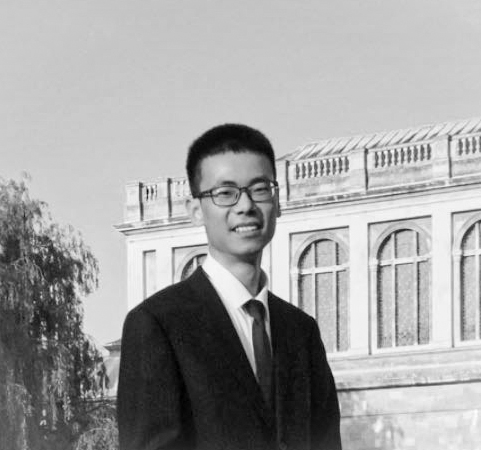
Yihao Wu is APA Economic Development Division Holzheimer Scholarship winner
Yihao Wu, a second year DDes student, has won the Holzheimer Memorial Student Scholarship for Economic Development Planning for his paper titled, “Innovation Districts and Urban Economic Resilience: Kendall Square’s Sectoral Transformation.” The paper was written for Rachel Meltzer’s class, Local Economic Development.
The scholarship is named in memory of longtime American Planning Association member and economic development visionary, Dr. Terry Holzheimer of Arlington County, Virginia and Virginia Tech. The $500 award is a scholarship provided by the APA’s Economic Development Division. Submissions typically reflect adaptations of original student work, including theses, term papers, capstones, and studio projects. Yihao’s paper is to be published on the Economic Development Division website and distributed electronically to EDD members in the News & Views newsletter.
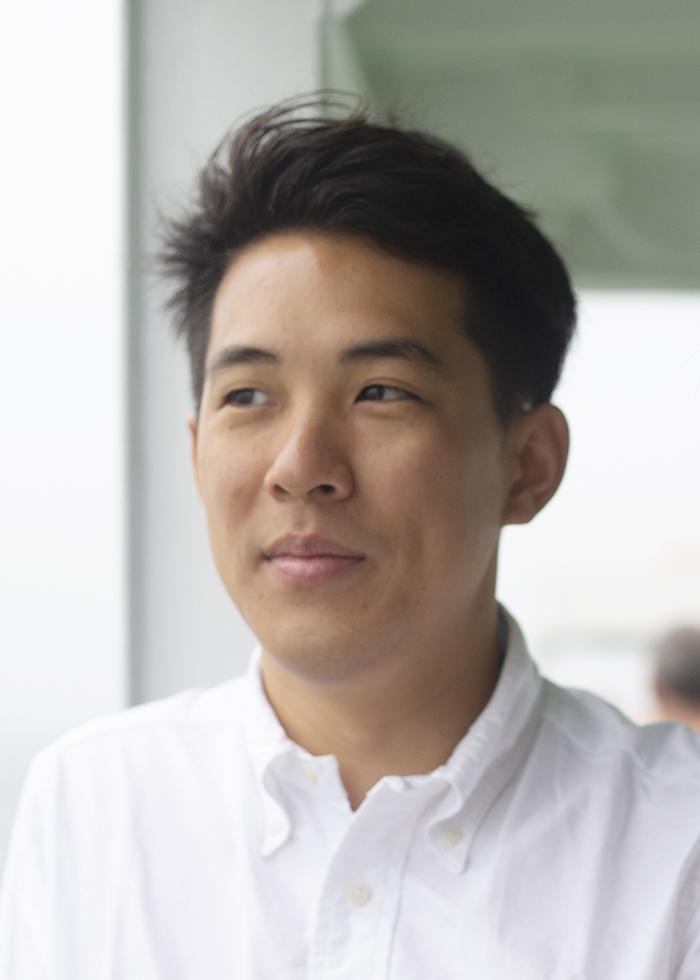
Yun Fu (DDes ’20) received Dezeen Awards Exhibition Design of the Year 2024
Yun Fu, Design Critic in Urban Planning and Design, and his practice SEMESTER recently received the Dezeen Awards Exhibition Design of the Year 2024 for their pop-up public space The Temporary Storage Garden, and Fu’s Thinking and Building on Shaky Ground just received the 2024 DAM Architecture Book Prize.
Alumni Publications
Books
Articles
By Holly Samuelson (DDes ’13), Charu Srivastava (DDes ’23), Amir Baniassadi
By Nari Yoon (DDes ’19), Leslie Norford, Michael Wetter, Ali Malkawi
“Data-informed building energy management (DiBEM) towards ultra-low energy buildings”
By Jung Min Han (DDes ’22), Sunghwan Lim (PhD ’27), Ali Malkawi, Xu Han, Elence Xinzhu Chen (DDes ’24), Shide Salimi, Tor Helge Dokka, Tine Hegli, Kristian Edwards
By Holly Samuelson (DDes ’13), Yiwei (Lucy) Lyu (DDes ’26), and Jialiang Xiang (MDes ’24)
“Ensembled Deep Learning-based Model Predictive Control for Automatic Window Operations in Winter”
By Elence Xinzhu Chen (DDes ’24), Xu Han, Ali Malkawi, Na Li
By Elence Xinzhu Chen (DDes ’24), Xu Han, Ali Malkawi, Runyu Zhang, Na Li
“Impact of workplace design on perceived work performance and well-being: Home versus office”
By Charu Srivastava (DDes ’23), Elizabeth L. Murnane, Sarah L. Billington, Holly W. Samuelson (DDes ’13)
By Ali Malkawi, Stephen Ervin, Xu Han, Elence Xinzhu Chen (DDes ’24), Sunghwan Lim (PhD ’27), Spyridon Ampanovos (DDes ’22), Peter Howard

